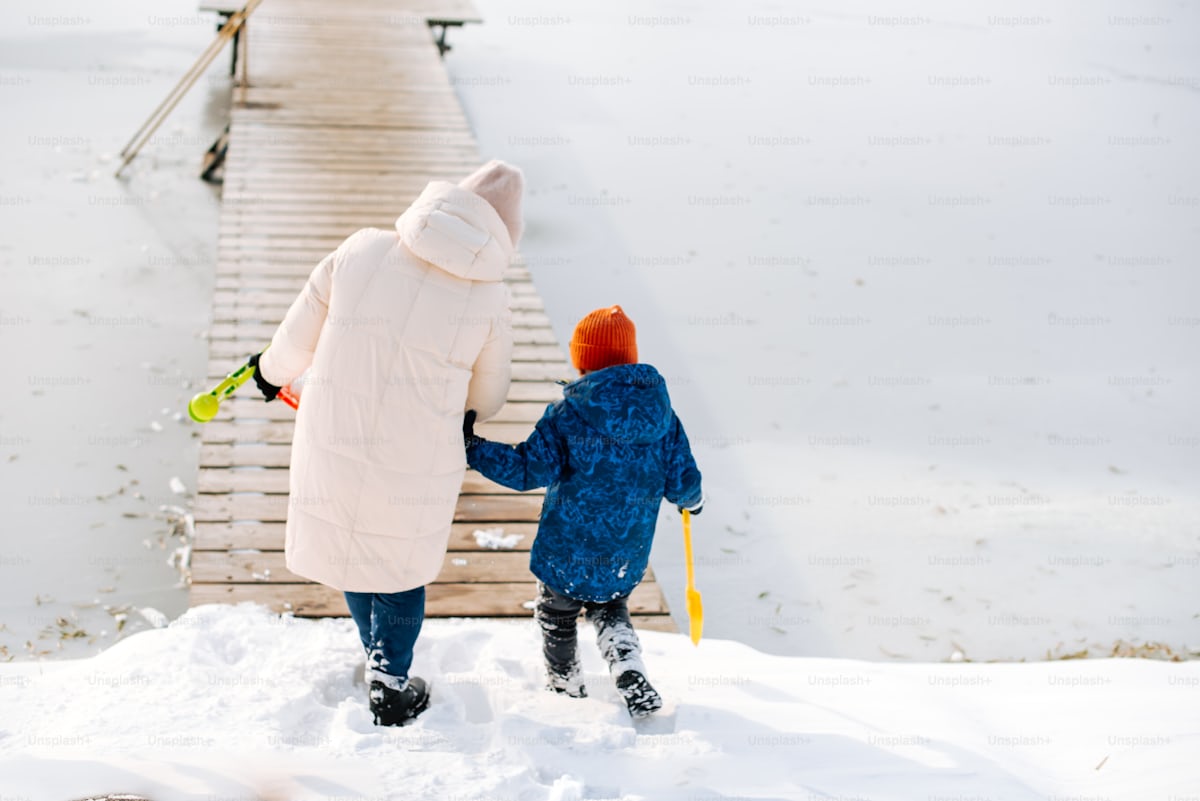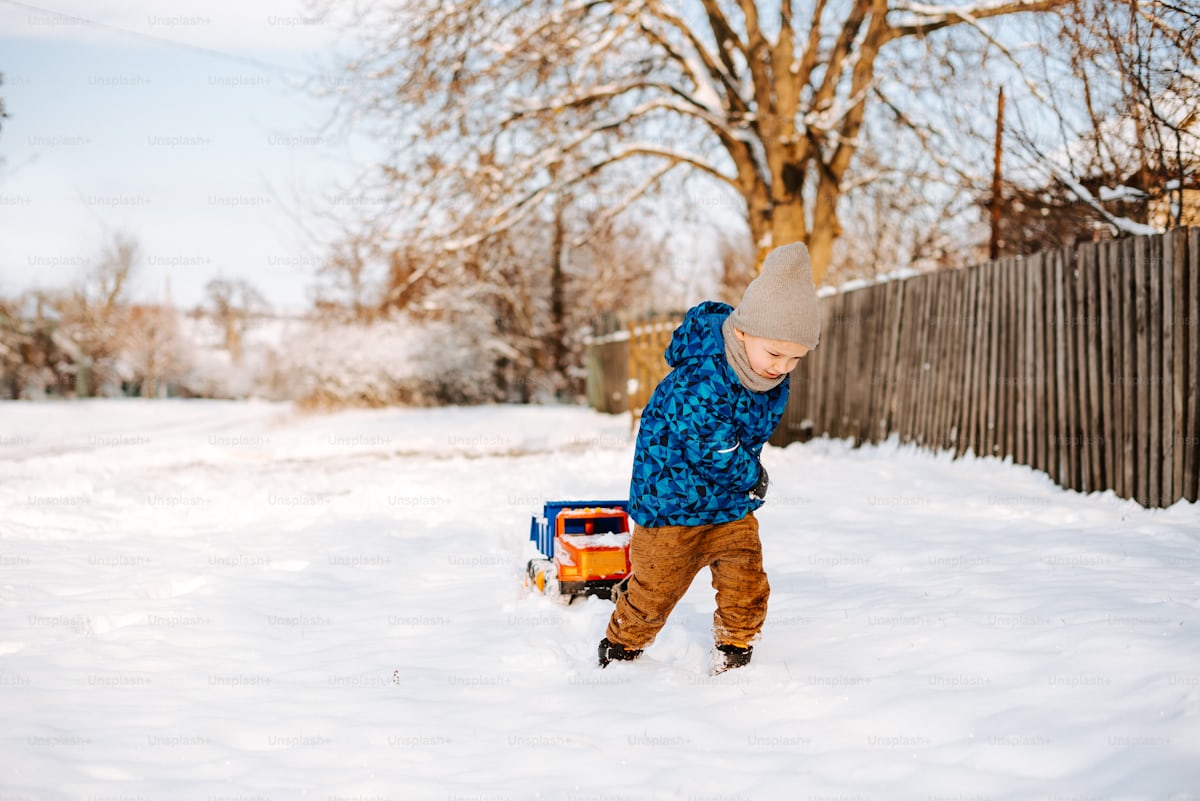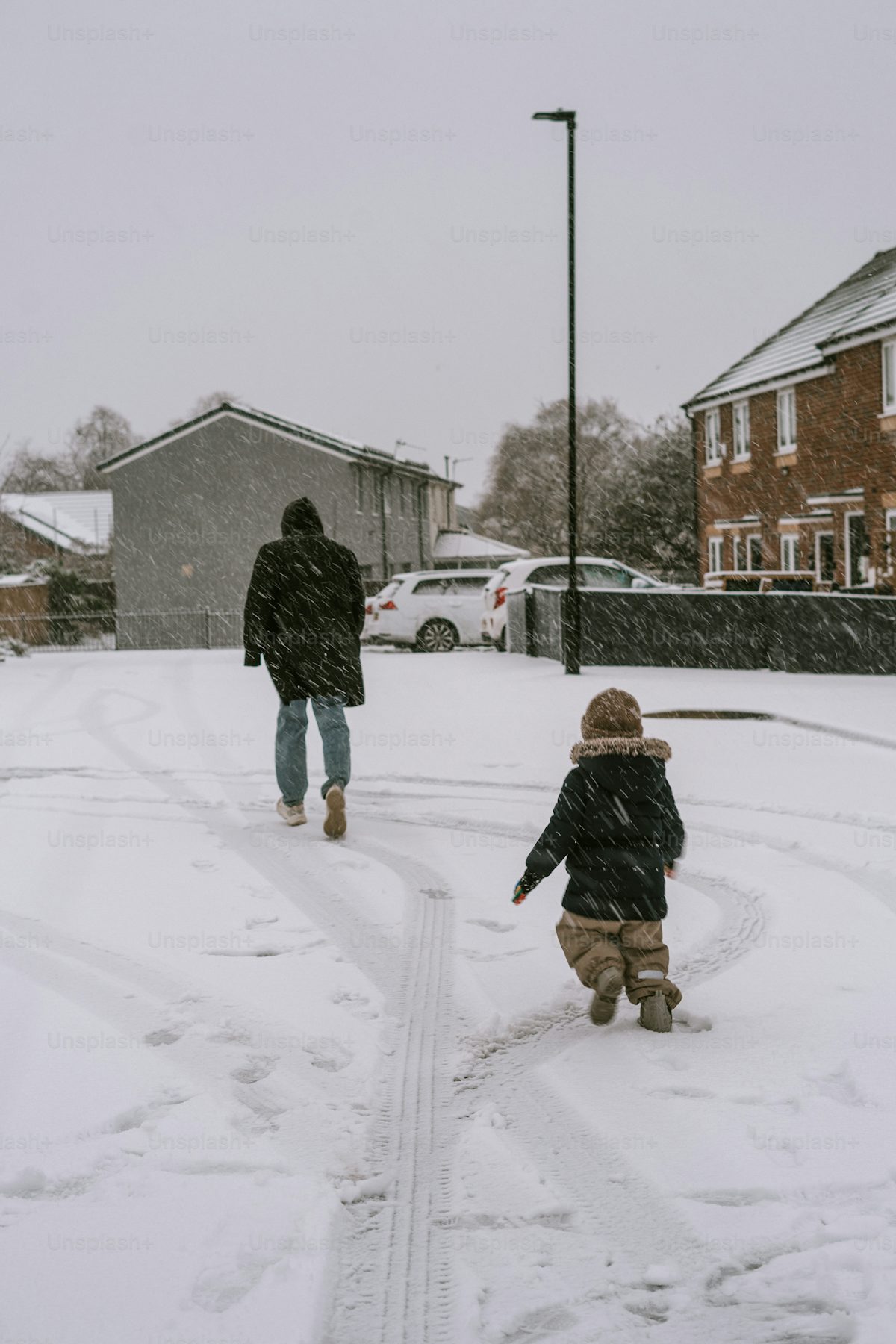Winter, with its shorter days and less sunlight, often brings a phenomenon known as the “winter blues” or seasonal affective disorder (SAD). Although this condition occurs mostly in adults, children in overcrowded homes can be similarly at risk, which has a significant psychological impact. The combination of seasonal changes and household challenges creates a unique set of stressors that interfere with a child’s emotional well-being and development.
Nature of winter depression
Winter depression is characterized by feelings of sadness, lack of energy, irritability, and difficulty concentrating. These symptoms are often related to decreased exposure to sunlight, which disrupts blood circulation in the body and reduces serotonin levels. For children, such biological factors make them more vulnerable to mood swings during the winter because their ability to express or process these changes is limited.
The role of crowded homes
A crowded home environment, financial instability, parental conflict, neglect or emotional unavailability can exacerbate the effects of winter blues on children. Homes that lack warmth, stability, and supportive relationships fail to provide the support they need to deal with current emotional challenges. In such environments, children may feel isolated or insecure, which increases their exposure to stress and anxiety.

Psychological impact on children
Increased stress and depression: Children in overcrowded homes can suffer from severe stress and depression during the winter. The lack of outdoor activities combined with the emotional pressure of a stressful home life leads to boredom. They may exhibit withdrawal from family and peers, poor academic performance, and changes in eating or sleeping patterns.
Behavioral challenges: The combination of winter blues and a stressful indoor environment often leads to behavioral problems. Children may display aggression, defiance, or hyperactivity as a coping mechanism. These behaviors demonstrate not only attention-seeking but also a struggle to process emotions.
Effects on cognitive development: Constant stress from current situations or internal pressure affects cognitive development. Studies have shown that long-term exposure to such conditions affects memory, problem-solving skills, and emotional control. For children, this can cause long-term educational and social problems.

Mitigating the ImpactA multi-pronged approach is needed to address the multifaceted challenges of winter blues and stressful home environments:
Increase outdoor activities: Encouraging children to participate in outdoor activities, even in winter, can increase their exposure to natural light and help regulate mood.
Create a safe emotional space: Even in difficult situations, parents and caregivers should strive to provide a nurturing and supportive environment. Active listening, empathy, and ongoing communication can greatly improve your child’s emotional well-being.
Get professional help: Schools, community organizations, and health care providers should work together to identify at-risk children and provide counseling or treatment. Early intervention can reduce long-term psychological damage.

The interaction between winter blues and a stressful home environment can cause problems for children, affecting their emotional and cognitive health. By taking proactive steps to identify and address these issues, caregivers and communities can help build children’s resilience and overcome the challenges of modern and environmental stressors. Supporting children during this stressful time is not only compassionate but also an investment in their future mental health and overall development.
Reference https://wearefamiliesrising.org/resource/helping-kids-survive-and-thrive-in-winter/#:~:text=Feelings%20of%20unhappiness%2C%20irritability%2C%20depression,Struggles%20with%20motivation%20and%20productivity
https://www.theguardian.com/society/2022/sep/01/cold-homes-will-cost-childrens-lives-and-cause-long-term-damage-warn-experts
https://www.brownhealth.org/be-well/how-maintain-your-mental-health-winter
https://www.realsimple.com/health/mind-mood/emotional-health/cabin-fever
https://www.theatlantic.com/health/archive/2019/01/polar-vortex-stuck-indoors-let-me-out-please/581749/
https://assets.ctfassets.net/6sxvmndnpn0s/4LTXp3mya7IigRmNG8x9KK/6922b5a4c6ea756ea94da71ebdc001a5/Chance_of_a_Lifetime.pdf
Being stuck inside during lockdown’s impact on children’s mental health
 using WordPress and
using WordPress and
Comments are closed